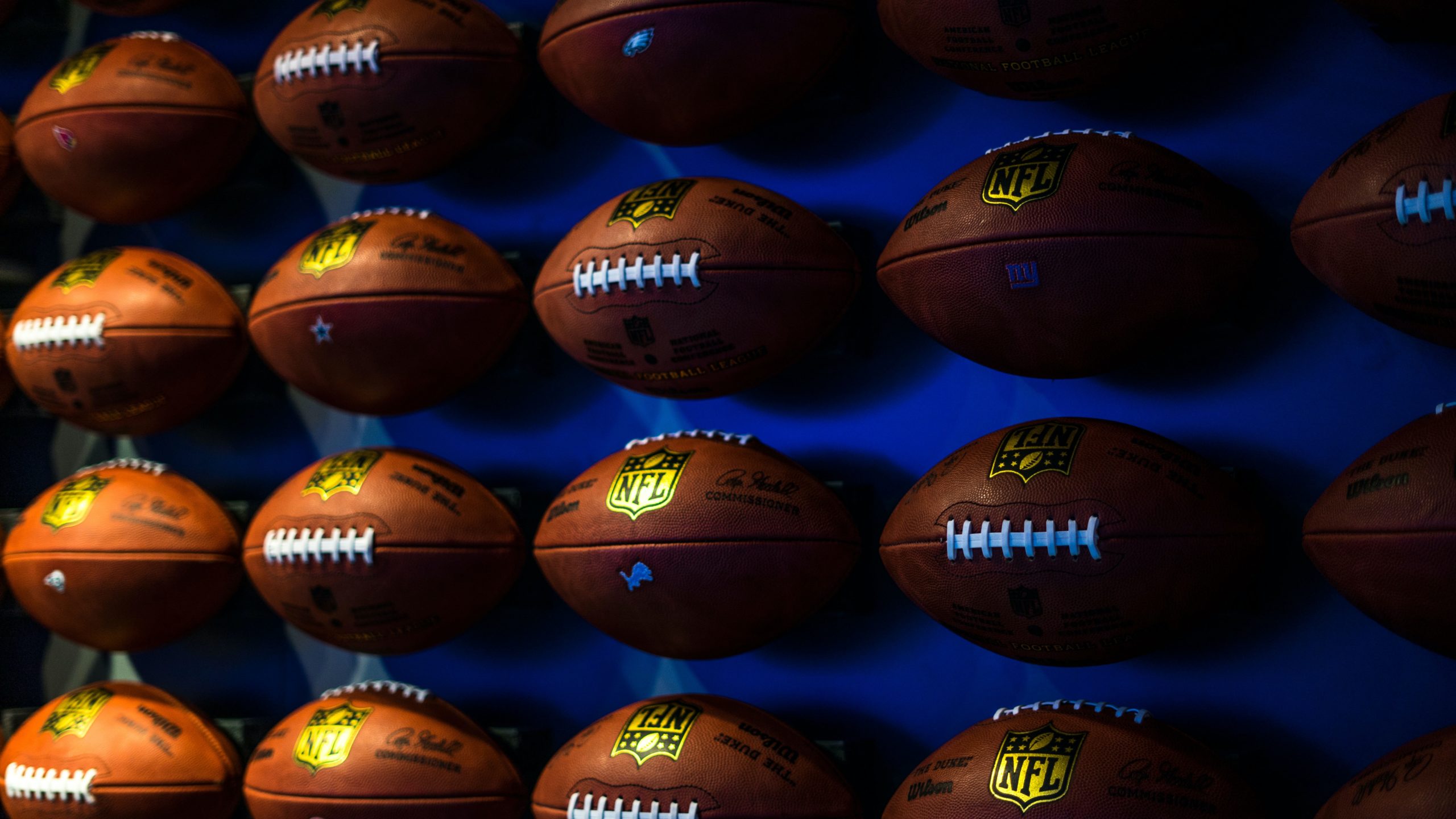By Zachary Zagger for Law360
Law360 (November 3, 2021, 9:05 PM EDT) — New Jersey voters this week shot down a constitutional referendum to allow sports betting on in-state college teams, a move that came as a surprise to legal experts and could reveal lingering concerns about undermining the integrity of college sports.
The Garden State led the way in the expansion of legal sports betting in the U.S. beyond Nevada, launching a legal case that struck down a federal law that had blocked states from legalizing the practice. Since then, sports betting has been extremely popular in New Jersey. In October, the state was reportedly the first to see $1 billion wagered on sports in a single month, with the NFL and college football seasons and Major League Baseball postseason in full swing.
But New Jersey law prohibits sportsbooks from taking bets on in-state college teams or on college sports games occurring within the state, meaning no bets on Rutgers football or Seton Hall basketball, for example.
New Jersey voters were given the opportunity to change that on Tuesday with a referendum to amend the state constitution to allow state lawmakers to legalize bets on in-state college sports. Given the popularity of sports betting in the state, the measure was seen as a potential slam dunk before voters shot it down 57% to 43%.
“I am surprised because they are going to miss out on tax revenue from in-state sports betting,” said gambling industry attorney David O. Klein, the managing partner at Klein Moynihan Turco LLP. “They are already allowing betting on college sports. Why not allow it on this particular subset?” The result is not only a setback to expanding college betting in the Garden State but could set an example for other states with similar restrictions or those considering legalizing sports betting but not on in-state college sports.
The prohibition was left in the New Jersey constitution when it was amended years ago to allow for the legalization of sports betting out of concerns that local college sports are more susceptible to betting scandals, given that college athletes are not paid.
It could send the signal to other states that voters in New Jersey, assuming they understand the full issue, felt that the integrity of in-state college sports is still a concern, said Stephen D. Schrier, co-chair of the gaming practice at Blank Rome LLP.
“Certainly, for new states that are passing regulations that don’t already have them, it gives those states some reason to consider continuing to ban betting on an in-state college team,” Schrier said. “But it depends on the individual state.”
A state like Alabama that has no professional sports teams, for example, would likely lose out on a significant chunk of sports betting revenue if it did not allow betting on Alabama and Auburn college football.
Since New Jersey legalized sports betting on the heels of the May 2018 U.S. Supreme Court decision in Murphy v. NCAA , sports betting is now legal in more than half the states and in Washington, D.C. However, following New Jersey’s lead, many still prohibit or limit betting on in-state college sports. Only 13 states, including neighboring Pennsylvania, have no restrictions on college sports wagering.
The New Jersey ballot measure may have been affected by lower voter turnout in a nonpresidential election year, experts said. But ever since New Jersey launched sports betting, there has been a push to remove the restriction on in-state college betting, and state lawmakers had overwhelmingly approved putting the issue to the voters.
C.J. Fisher, co-chair of the gaming practice group at Fox Rothschild LLP, noted that New Jersey is one of the states where gambling is specifically outlined in the state constitution. Other states where that is not the case may have an easier time passing legislation to allow betting on all college sports, he said.
“I think each state will consider this issue or reconsider this issue independently, and I don’t think the result in New Jersey will have a material impact on how other states approach this,” Fisher said. Concerns that college athletes are more susceptible to corruption may evaporate with legal and NCAA rule changes that have opened the door to athletes receiving more benefits and being paid for the use of their names, images and likenesses, or NIL.
“I think that is part of the reason why the state legislature in New Jersey overwhelmingly supported putting this back on the ballot,” Fisher said. “I would not rule out the possibility of this issue coming up again in New Jersey.”
However, the New Jersey vote this week shows that sentiments have yet to fully turn.
“I think there will always be some states that do not allow” in-state college betting, said Klein of Klein Moynihan. “Certainly, New Jersey was the first mover and other states as they come on will look at New Jersey as the model. As long as New Jersey has this carveout, those other states will at least consider it.”
–Editing by Jill Coffey.




